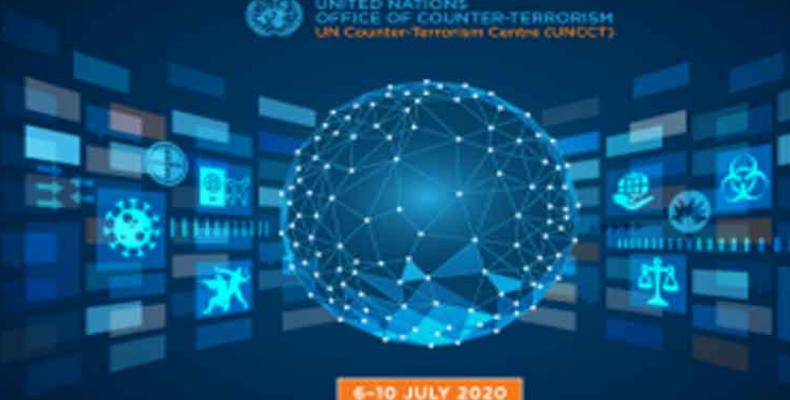United Nations, July 10 (RHC)-- The fight against terrorism demands the collaboration of all nations and is affected by double standards, politicization and selectivity, according to what happened during a week of activism that ends today, Friday, at the United Nations.
During the "Virtual Week against Terrorism," convened by the United Nations, a number of countries denounced how some states are hindering efforts against this scourge.
Double standards and use for political purposes prevent concerted global action to end the growing threats, said Carlos Ron, Venezuela's Deputy Foreign Minister for North America. He said the U.S. government is behind many aggressions against his nation and others in Latin America, such as Cuba.
All of this is part of a continuous policy whose aim is, through terror and pressure, to bring about change in those nations whose political systems are not similar.
"The United States, which has historically protected terrorists of the stature of Luis Posada Carriles, has neither the morale nor the power to evaluate the fight against terrorism of any country." The deputy minister referred to the inclusion of Cuba and Venezuela on the U.S. State Department's list of nations that allegedly do not fully cooperate with anti-terrorist efforts.
For her part, Cuba's alternate permanent representative to the UN, Ana Silvia Rodríguez, also rejected the unilateral and arbitrary inclusion of the island on that list. The scourge of terrorism, she stressed, cannot be eradicated if double standards, manipulation, political opportunism and selectivity in dealing with it prevail.
She also denounced that the speeches and messages of hate promoted by the United States Government encourage terrorist actions against Cuba.
The recent terrorist attack against the Cuban embassy in Washington is a direct result of the permanent instigation to violence by U.S. politicians, denounced the ambassador.
Such hate speeches are even promoted by senior officials of the State Department and the U.S. embassy in Havana, and are very common among anti-Cuban extremist groups that have made this type of attack their livelihood, she said.


